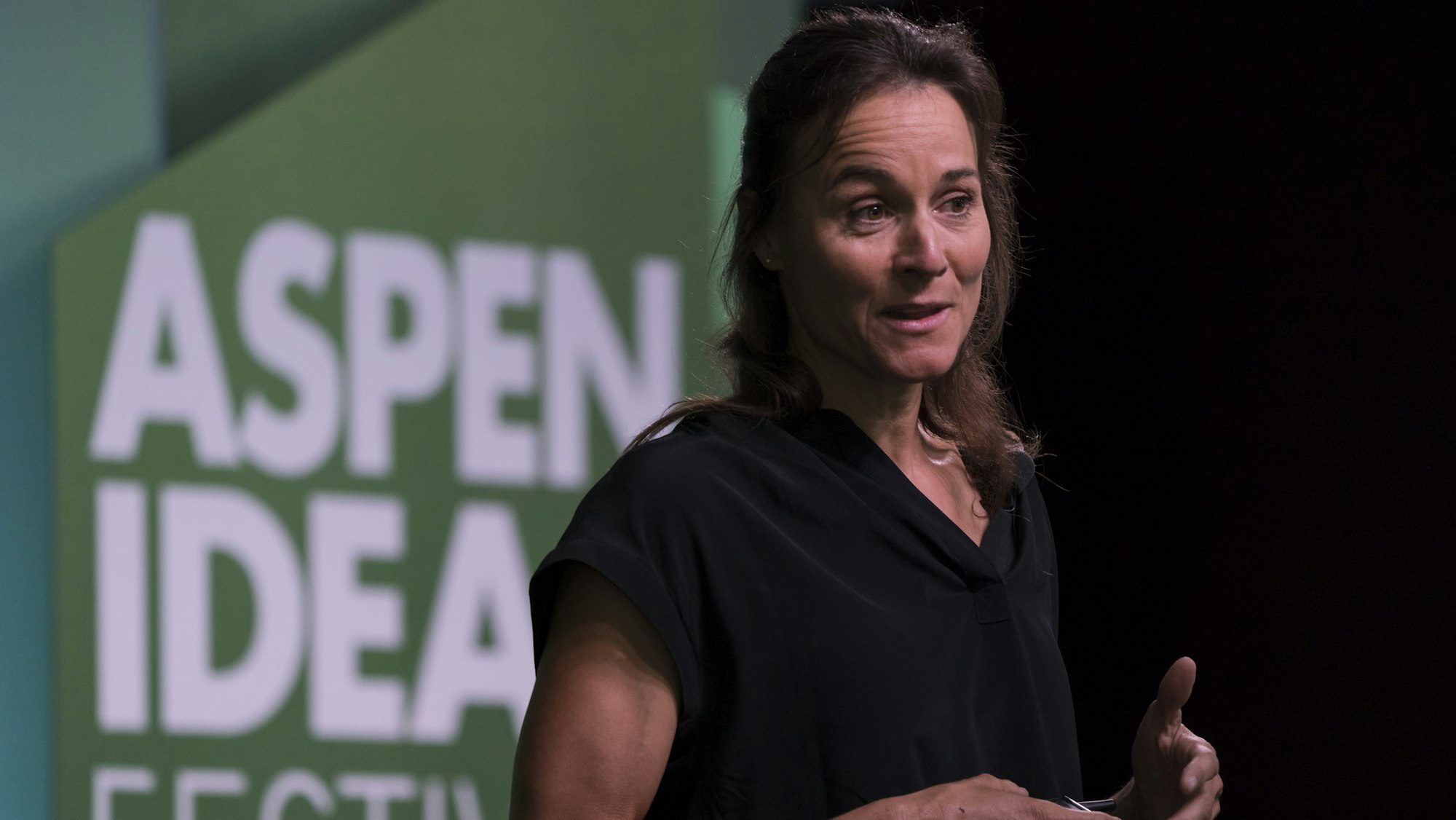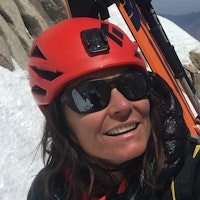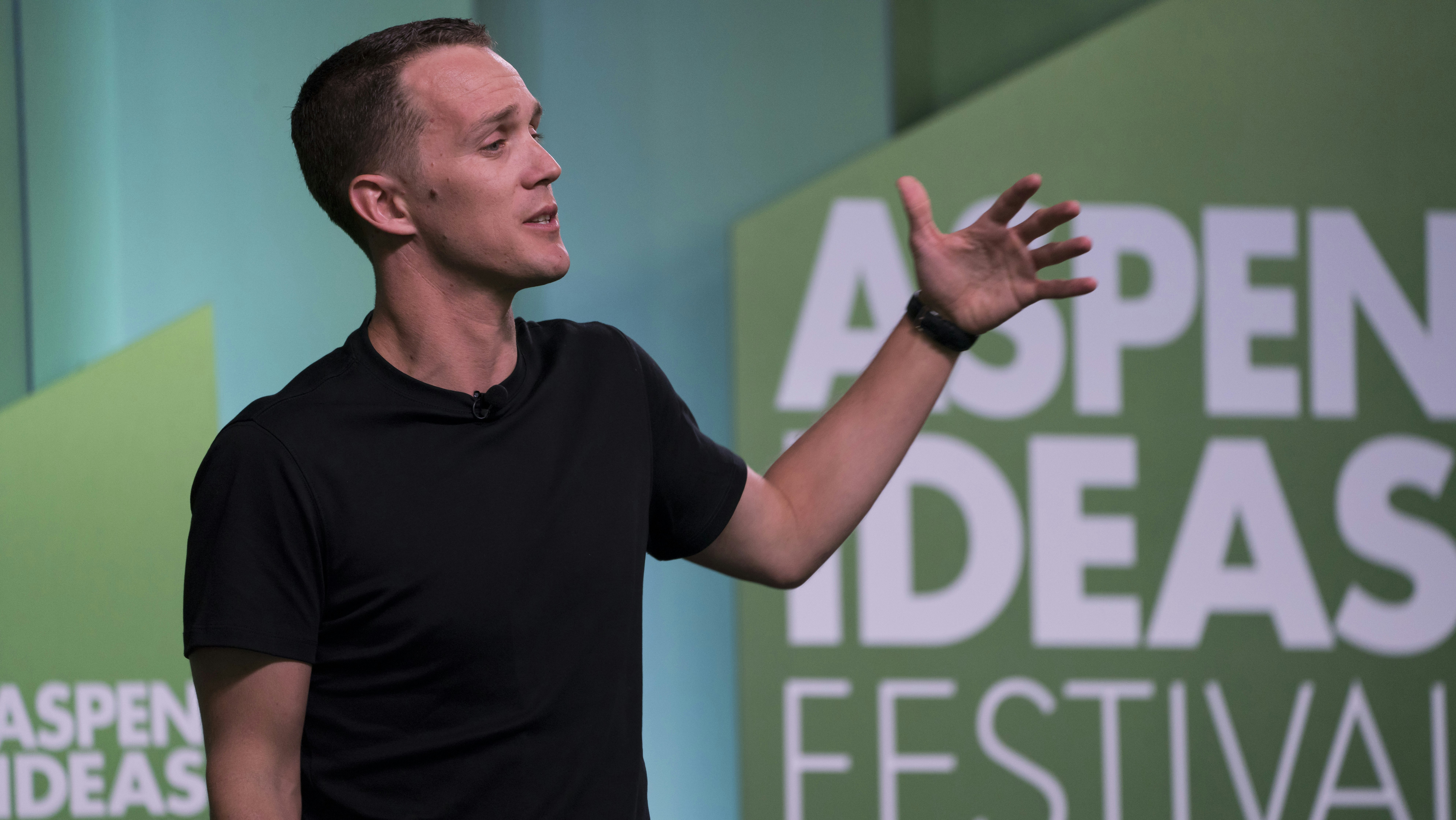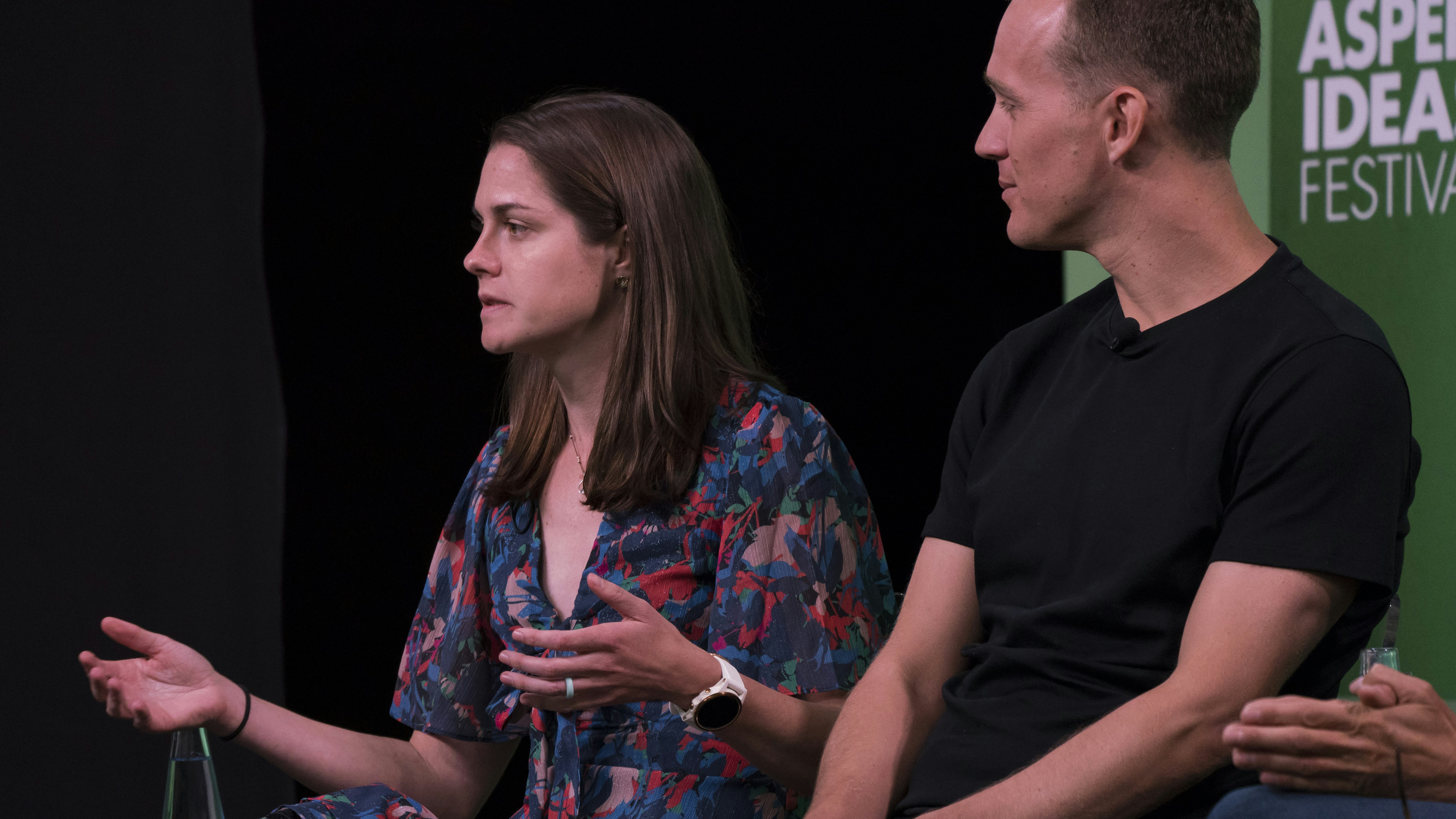
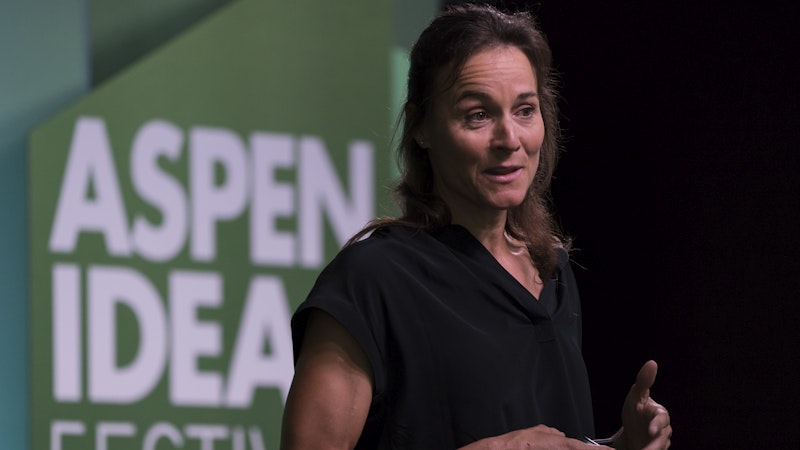
The Science of Endurance and Superhuman Feats
Setup
The ability to endure is the essential trait in every extreme athletic endeavor. Hundred-mile races, Himalayan Mountain expeditions, and cross-continental treks all require humans to push harder and achieve more than we ever thought possible. How important is the delicate interplay between mind and body in the struggle to keep pushing despite an agonizing will to stop? What is the distinction between physical and psychological endurance? Peak-performing explorers, mountaineers, ultra-runners, and sports psychologists share insights into how humans push beyond perceived physical limits to accomplish something extraordinary.
What’s your Everest?
Professional endurance athlete Colin O’Brady is the first to admit that his journey is an unlikely one. After suffering burns over most of his body, doctors were convinced that he wouldn’t walk again. But he had other plans, so he retaught himself to walk, became a professional triathlete, set mountain climbing records, and was the first person to cross Antarctica unaided. After that last accomplishment, which most extreme athletes thought was physically impossible, he (understandably) got asked if he was a “superhuman.” His response? We all have these feats inside of us; it’s up to us to choose our Everest and start climbing:
Enduring begins where endurance ends
Hilaree Nelson was practically born on skis, but when she was approached to join a ski mountaineering expedition she had no idea what she was getting herself into. Her first expedition was miserable, yet it ignited something inside of her that she didn’t know was there. Fast forward 20 years, and she’s now one of the most accomplished ski mountaineers in history.
One for the record books
What Nelson discovered in herself, she says, is an unending desire to test her limits. She was already physically very strong, so the limits she found herself surpassing were all mental. And that, according to Nelson, is the ability she possesses that makes her seem superhuman. There are people who can lift heavier weights than her and run longer distances, but she can endure.
Big IdeaEndurance is something you can fulfill with physicality, but to endure—to have a 20 year career over 40 expeditions—that is the mental capacity to continue through these hardships, through failure, and to come back from failure.Hilaree Nelson
Pain is mandatory, but suffering is optional
Professional runner Megan Roche says that a 10K race is a different kind of pain than a 50K race, but competitive running hurts no matter the distance. So how do professional athletes deal with their own bodies telling them to stop? Roche and Colin O’Brady describe how they work with, not against, their minds:
Having the tough conversations
Endurance athletes have always been physically dominant, says sports psychologist Michael Gervais, but at the same time there’s been a stigma around mental health in sports. Physical strength is usually prioritized at the expense of mental strength, and that’s both prohibited athletes from reaching their full potential and caused many non-athletes to not even find out what they’re capable of:
This excerpt has been lightly edited for clarity:
-

Michael Gervais: Confidence is a trainabe a skill. Being able to focus deeply across any condition is a trainable skill. Optimism is a trainable skill. [Athletes] are raising their hands and saying, ‘you too can do the same.’ So where is the intersection? Hand in glove; the body and the mind work together. The mind is like the software, and the brain is like the hardware that runs it. If one breaks, potential is compromised. So we need both.
Learn More
Additional Information
Explore More
Society


Being a parent today is full of stress, pressure and information overload. Experts offering advice are everywhere, and for some parents, the wealth of available resources can...


The quest for work-life balance is never ending for many of us. The advice in this talk from the 2023 Aspen Ideas Festival still holds a lot of relevance, so we’re bringing it...


Living as a trans person in America comes with its share of challenges, which are sometimes even life-threatening. But some say it can also open up access to incredible freedo...


The rapid development of the Covid-19 vaccine and the ramp-up of manufacturing and global distribution were unprecedented feats of medical coordination. But those on the insid...

Space… the final metaphor for the unknowable. But we are certainly trying to understand what goes on out there, and the more we learn, the more fascinating questions start to...

Since 2014, Aspen Ideas: Health has welcomed nearly 800 inspiring women leaders to our stages to share their bold approaches to better health. In honor of Women's History Mont...

Global conflicts and health crises have put into stark relief deeply-ingrained gender roles in society. Yet the past years have also seen record-high numbers of women running...

The people in our lives shape who we are. But great relationships don’t just happen — they take care, intention, and ongoing effort. How do you know when to let go, adjust exp...


Advances in medicine and healthy living mean that more and more people will live to be 100. But just because their bodies can last doesn’t mean their bank accounts will keep u...


In the early days of cable television, there wasn’t a single network aimed at Black audiences. Sheila Johnson and her husband at the time saw an opening, and put all their hop...

Our attitudes, habits, pleasures, and responsibilities shift across the generations, influencing the health challenges we face and how we respond to them. Expectations about h...


Owning a professional sports team is not for the faint of heart. Results are volatile and wins and losses come with the strong emotions of a city’s fan base. But it’s a sound...

Setting audacious goals helps to redefine what is achievable in health, medicine, and science. As we deepen understanding of the human genome, unravel the mysteries of the bra...


Looking around and experiencing the suffering and injustice in the world can make it difficult to believe that happiness exists. But the Judeo-Christian tradition teaches that...


This episode is from the 2022 Aspen Ideas Festival, but we’re bringing it back because it’s still as relevant as ever. Though it can sometimes feel like conflict and discord i...

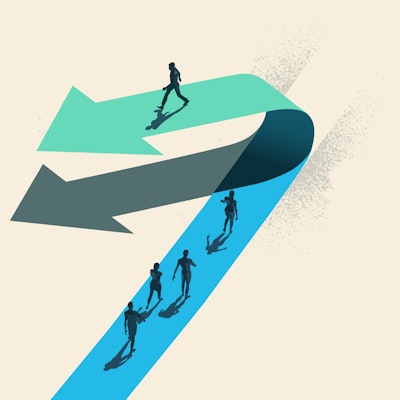
Sir Ken Robinson believed that as a society, we tragically underestimate and underutilize human ability. We create linear systems for our minds modeled on industry and manufac...

As we wrap-up another year of elevating big ideas at Aspen Ideas: Health, we're excited to share the 15 most-watched sessions from the event. These conversations with inspirin...


Young people in America are struggling. The causes are varied and may not be entirely clear, but the results are unfortunately unmistakable. Many of our youth feel lonely, iso...


Research on aging and extending life and healthspan has ventured beyond humans to our best animal friends – dogs. In less than a year, dog owners may be able to buy a drug tha...
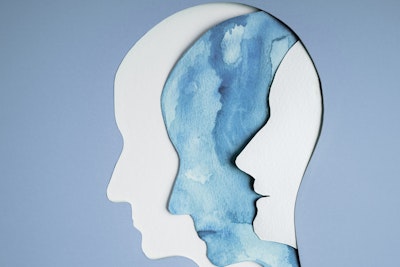
In America, millions of people struggle with mental health including depression, anxiety, and more — all further exacerbated by living through a pandemic. The National Allianc...


